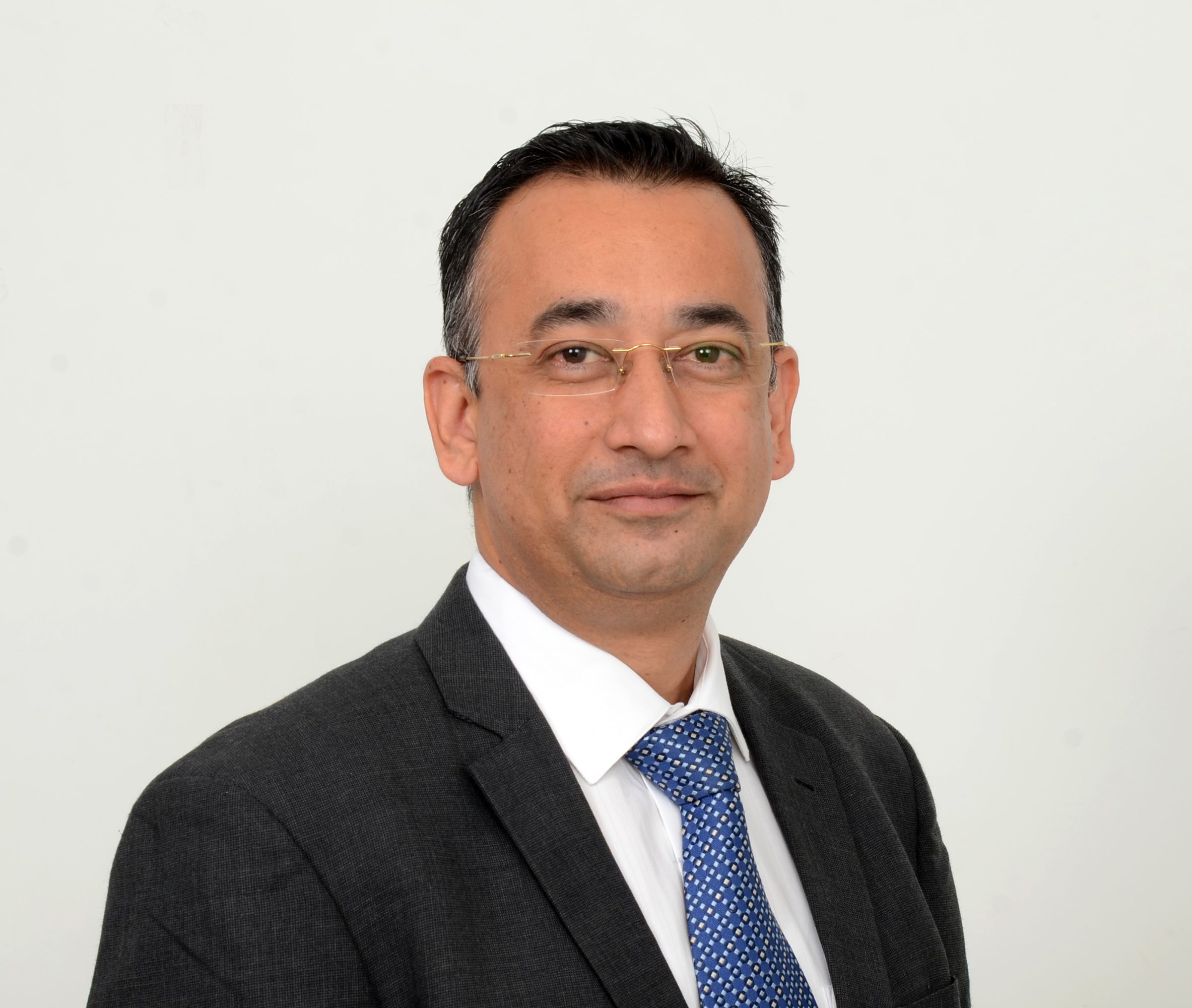It all begins with a lot of gusto
The genesis of a business could be from a germ of an idea to solve a problem or it could be taking over a business started by the previous generation, at this stage of the business the new owner is teeming with energy and jumps headlong into the business to create a mark. After all, being in the driver’s seat has its own charm and pride. There is a constant drive to produce superlative results and make a dent in the universe, though often times, as time progresses, it is soon felt that running a business isn’t an easy feat, it takes courage, grit and loads of determination.
The reality
Whether it is a Start-Up or a Small and Medium Enterprises, business owners are inundated with constant challenges. Some of these challenges, such as tax laws, subsidies, political environment or even natural disasters, are external in nature and there is not much you can do to change them, all you can do is manage the situation with the least amount of damage to the enterprise.
It is human nature to find fault with others, it holds true for a business owner as well, when things aren’t going well, the senses sharpen up (sometimes dull down) to look for errors, shortcomings and a vicious cycle of fault finding and finger pointing ensues.
A peek within
It is wise to look within the organisation for the causes of challenges rather than just topically manage the issues. More often than not, if you impartially evaluate, the business owner is the cause.
The following seven challenges constantly keep the business owners awake and are a cause of frustration, anger and anxiety:
1. An Unclear Road Map
Most often the business runs as usual and things don’t change unless there is an external nudge. There is nothing wrong per se in this, though it is prudent to have a road map to navigate the treacherous environment. Even if there is a map, it is not adequately shared with all employees. A road map serves as a guideline for everyone in the organisation.
2. Constant Fire Fighting
The Business owner’s time is the most precious resource and unfortunately almost 70-80 per cent of their time is spent on managing firefights. After a while fires in the business become the norm, and sort of provide the owner a sense of adrenaline rush to demonstrate their prowess in dousing fires and managing sticky situations.
3. Balancing Short Term versus Long Term
The maximum amount of time and energy is focused on short-term goals and little to no focus is devoted on the long-term health and direction of the business. This causes a constant sense of rush and a race against time.
4. Weak Financial Management
Money, the prime resource of the business is locked in delays and wastes due to lack of astute financial management. The endless cycle of creditors and debtors management sucks everyone’s energy. It even affects the reputation of the business.
5. Poor Idea of Implementation
Most great ideas get lost even before they see the light of day, lack of proper implementation steals time, money and effort from the business.
6. No Support
Business owners aren’t able to exhibit clear discipline between working ON the business vis-à-vis working IN the business. They rarely have a trusted support structure of other like-minded business owners to navigate through challenges or even bounce off certain ideas and sometimes they are too proud to seek professional help.
7. Talent Crunch
Recruiting, retaining and growing talent in the business is a daunting task. A weak team puts enormous pressure on the business owner to constantly step up and deliver results. This often gets exhausting, draining and uninspiring, leading to a burnout.
Getting out of this vicious cycle and the constant balancing act between these seven challenges can be quite a quite a feat, but as Marie Forleo, the American life coach and motivational speaker has said: “Everything is Figure-out-able”.
What can I do?
The first and the most important step to take is: Take a PAUSE, yes you read it right, TAKE A PAUSE. It might seem like an absurd and impractical solution, though you cannot do much if you are running on a treadmill, the worst is you will have a nasty fall.
A pause doesn’t mean stopping, a pause is a moment (well technically more than a moment) of reflection, where you step out of your business and look at it from a witness’s point of view. Reflection helps to bring in clarity, and with clarity there is action and speed.
Here are a few questions you can reflect upon:
- Which processes are causing the most amount of pain?
- What is the cost of not fixing this?
- What would be the biggest benefit of if this gets fixed?
- What has stopped you from fixing it, already?
- Are all my employees 100 per cent clear about what is expected of them?
- Are they resourced enough?
- What are their skill gaps?
- What else should you be focusing on?
Remember you don’t need to do it alone, when you aren’t sure what is the best way out of a situation. When in doubt—ASK, you will be pleasantly surprised by what you may receive.
There is humility in asking for guidance and help.


